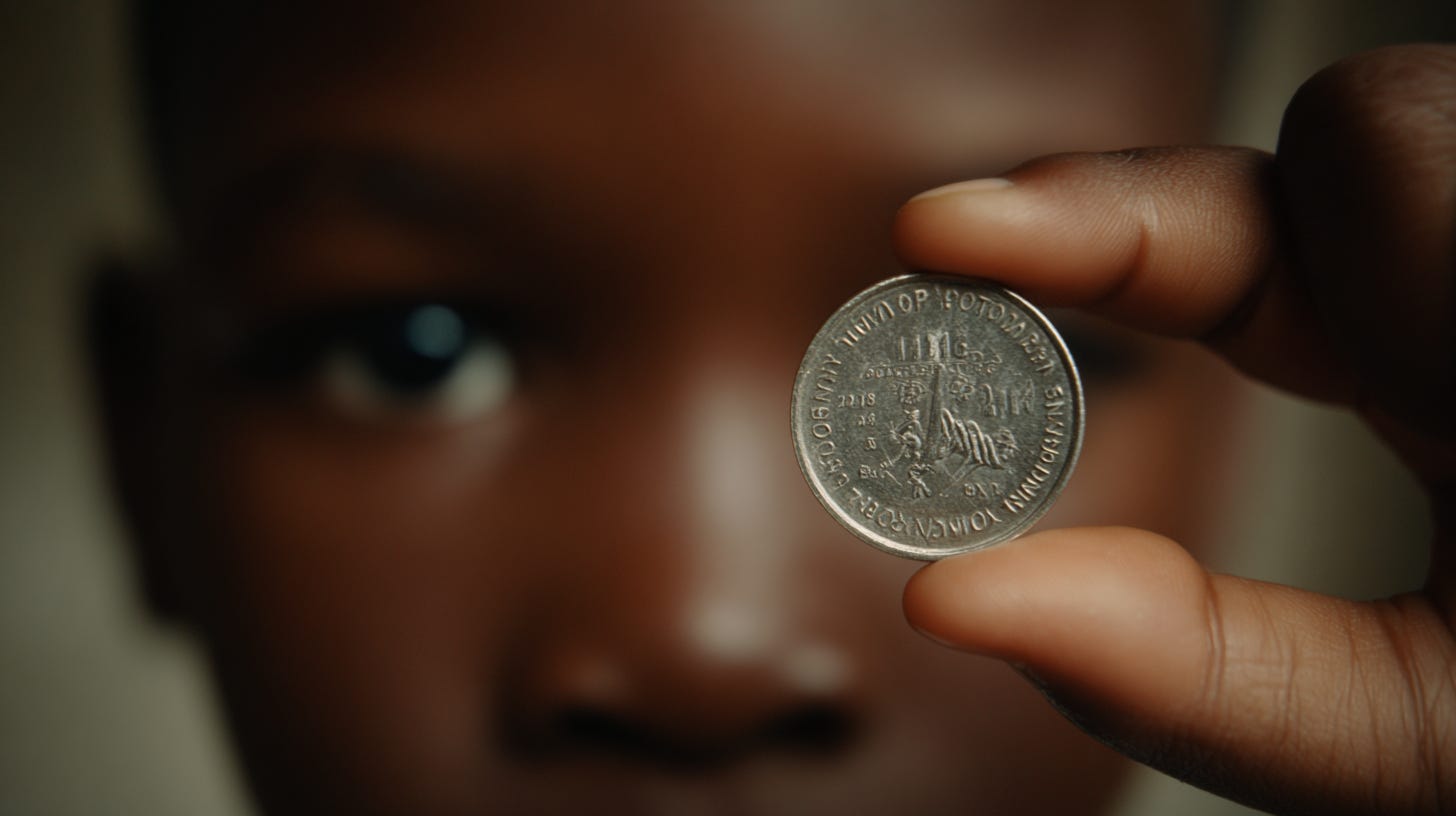Small change
A review of 'Money' by David McWilliams
Money, as every first-year economics student learns in their first lecture on monetary economics, does three things: it is a unit of account, a means of exchange and a store of value. When you compare the prices of two books, you’re using money as a unit of account. When you swipe your card to buy one of the books, you’re using money as a means of exchange. When you instead do not buy the book and deposit the amount into a savings account, trusting it will still be worth something next year, you’re relying on money as a store of value.
If you read David McWilliams’ book Money, you’ll only find this definition of money on page 356 of its 366 pages. It is a small thing that reveals much about the book.
This is no ordinary economic history tome. McWilliams takes the reader on a journey through the history of money, from its purported roots in the Congo to the latest developments in crypto. Pack lightly, because it’s a whirlwind of a trip: Drehem, Athens, Pompeii, Goslar, Florence, Mainz, Amsterdam, Paris, Philadelphia, London, New York, and a good dose of Dublin. Along the way, you’ll get to learn about the origins of the word ‘commerce’ (‘com Merx’ or ‘with Mercury’), why zero was invented (the Arabs called it sifr, derived from shunya in Sanskrit, meaning ‘the void’), how the Dutch created futures markets known as windhandel (and its catastrophic consequences in 1637), and how the Wizard of Oz is actually an allegory of the Gold Standard. And you’ll meet fabulous historical characters, from Kushim, the first recorded name in history, to Charles-Maurice de Talleyrand-Périgord, a ‘bishop, politician, financier, foreign minister, revolutionary agitator, serial lover, inscrutable diplomat and political survivor’. Or Roger Casement, who exposed the atrocities in the Belgian Congo but was hanged in 1916, to the forger Sally Smolianoff, who was pulled from a concentration camp to lead Hitler’s (unsuccessful) attempts at debasing the British pound.
Brace yourself for a rollicking ride.
Except that not all of these colourful details are entirely accurate. Type ‘com Merx’ into Google Scholar, and you’ll find no publication that ties the phrase to the Roman god Mercury. The Gold Standard is generally considered to have begun in the 1870s, not 1850. The ‘great Spanish flu pandemic’ was in 1918, not 1920.
Perhaps to maintain the reader’s attention, Money is also filled with lots of throwaway comments that seem catchy but questionable: ‘A state without statistics isn’t a state’ (p. 29). ‘Decimalisation of money made more people numerate’. (p. 233). ‘Donald Trump and Brexit are, among other things, the political offspring of quantitative easing’ (p. 350). And my favourite, on the back cover, ‘Money [is] is humanity’s greatest invention’. I think fire, language and agriculture might have something to say about that.
But these accidental oversimplifications are only the tip of the iceberg.




